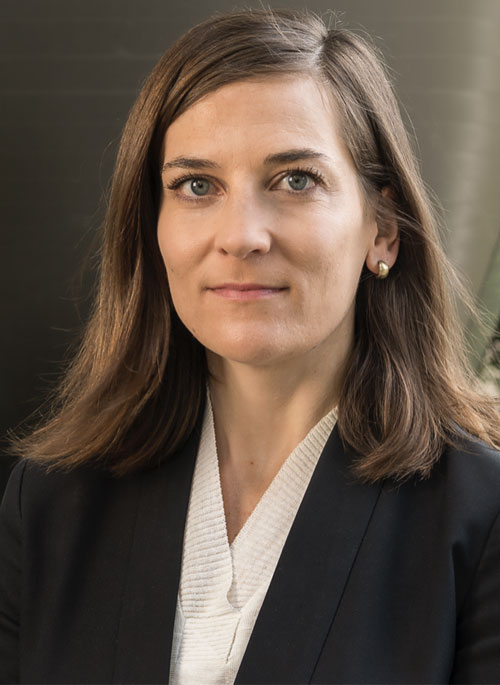Natilee Harren

Natilee Harren
School of Art/ Art History
Assistant Professor
Office: Fine Arts 104C
Phone: 713-743-0508
Email: noharren@central.uh.edu
Natilee Harren is a scholar of modern and contemporary art history and theory, with particular focus on experimental, interdisciplinary practices after 1960. Her research interests include Fluxus and the twentieth-century avant-gardes, intersections between visual art and music/sound/listening, experimental scores and notations, works on paper, conceptual art and performance, materiality and ephemerality, contemporary conservation, theories of appropriation, and feminist art and theory related to labor, care, and aging. Harren is author of Fluxus Forms: Scores, Multiples, and the Eternal Network (University of Chicago Press, 2020, winner of the Terra Foundation for American Art International Publication Grant) and Karl Haendel: Knight’s Heritage (LAXART, 2017). Harren’s essays and criticism have appeared in Art Journal, Art Journal Open, and Getty Research Journal, and she has been a regular contributor to Artforum since 2009. Her research has been supported by grants and fellowships from the American Council of Learned Societies, Getty Research Institute, Fulbright Program, Houston Arts Alliance, Menil Drawing Institute, and the University of California Office of the President. She is a Junior Fellow of the Mellon–Rare Book School Society of Fellows in Critical Bibliography and has served as President (2018-2020) and Vice President (2015-2017) of the Society of Contemporary Art Historians, an affiliate society of the College Art Association.
Critical Studies Courses
- ARTH 3336 Contemporary Art, 1960s-1980s: The Postmodern Turn. (Fall 2020)
This course explores the diversity of practices and art forms—including painting, sculpture, performance, installation, and new media—that defined advanced art from the 1960s into the 1980s, a period encompassing the epochal shift from modernism to postmodernism. With focus on diverse artists working in North America and Europe, the course charts the shifting definitions and roles of art, artists, and the avant-garde in the wake of social, cultural, and economic change in the post-World War II moment as well as significant theoretical concepts that helped make sense of the myriad new approaches to art-making. Movements and tendencies to be studied include Abstract Expressionism, New Realism, Happenings, Fluxus, Pop, Minimalism, Postminimalism, Process Art, Experimental Music, Dance, and Film, Conceptual Art, Site-Specificity, Land Art, Institutional Critique, Activist Art, Feminist Art, New Media, and more. - ARTH 3394 Contemporary Art, 1980s-Present: Democracy, Identity, Globalization
This course surveys developments in contemporary art from the 1980s to the present in the United States, understood within an increasingly international purview. Highlights include: appropriation art and the critique of authorship, neo-expressionist painting, institutional critique, video art and new media, multiculturalism and identity politics, public art and the culture wars, graffiti and street art, art and the AIDS crisis, relational aesthetics and social practice, installation art, the significance of the year 1989 in art and global politics, biennials and international exhibitions, and the expanding contemporary art market. Course themes are informed by key political and theoretical issues that emerged around and through art made in the last four decades; as such, this course serves as an introduction not only to some of the major art and criticism to emerge in the late 20th and early 21st centuries but also to important figures in postmodern and contemporary critical theory. In our final meetings, we will speculate on how we might make historical sense of developments in art practice and discourse of the very present.